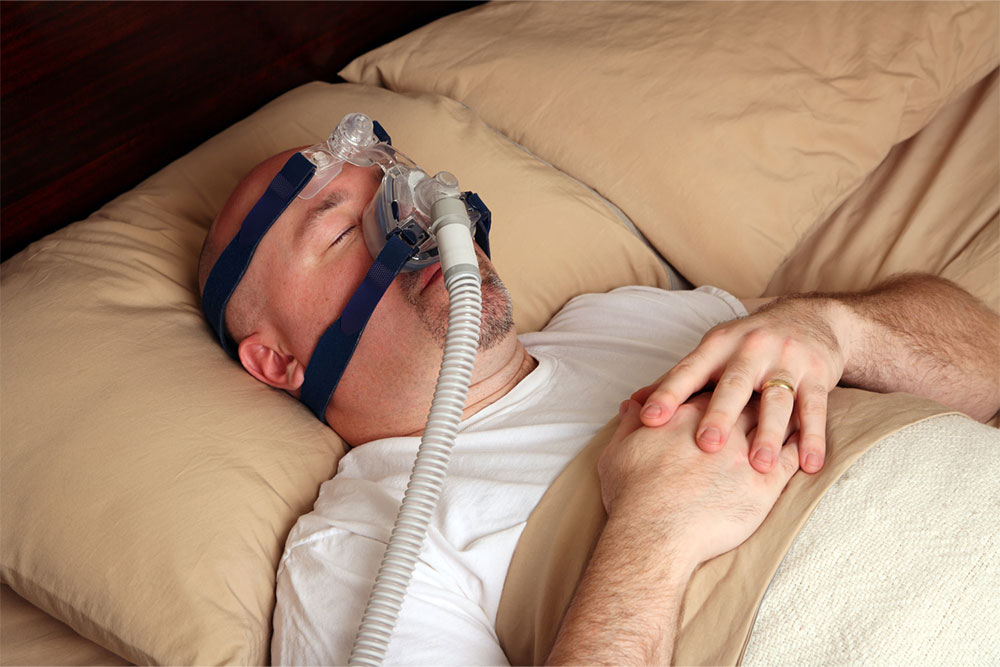Chest Pain Explained: Causes, Symptoms, and Treatment Strategies
This article provides a comprehensive overview of chest pain, covering its common causes, symptoms, when to see a doctor, diagnostic tests, and treatment options. Understanding these aspects can help in early detection and effective management of chest discomfort, which might stem from heart, lung, or gastrointestinal issues. Prompt medical attention is vital to rule out or treat serious conditions like heart attack or lung collapse. The article emphasizes the importance of accurate diagnosis and appropriate care for chest pain alleviation.

Chest Pain Explained: Causes, Symptoms, and Treatment Strategies
Chest pain, especially on the upper left side, often prompts concerns about heart problems. While a heart attack is a possibility, many other conditions can cause similar discomfort. The pain can radiate from the neck to the upper abdomen and can be dull, sharp, burning, stabbing, or crushing. Identifying the underlying cause quickly is crucial for effective treatment and preventing serious complications.

Common Reasons for Chest Discomfort
Rib injuries: Fractures and bruises can result in chest pain.
Muscle strains: Overexertion or injury to chest muscles and tendons often cause pain that worsens with movement.
Peptic ulcers: Sores in the stomach lining may produce chest discomfort mistaken for heart pain.
Asthma: Airway inflammation leads to chest tightness, coughing, and breathlessness.
Other Potential Causes:
GERD: Acid reflux causes burning sensations and sour tastes often linked with chest pain.
Pneumothorax: Lung collapse results in chest pain, rapid breathing, fatigue, and a quick heartbeat.
Esophageal hypersensitivity: Increased pressure or acid in the esophagus causes discomfort.
Hiatal hernia: Stomach protrusion into the chest leads to pain and heartburn after eating.
TB: Lung infection may cause chest pain, persistent cough, and blood in sputum.
Mitral valve prolapse: Valve dysfunction causes dizziness, palpitations, and chest discomfort.
Myocardial infarction: Heart attack symptoms include chest pain, jaw or neck ache, weakness, and trouble breathing.
Angina: Squeezing chest pain with shoulder and back discomfort signals coronary artery issues.
When to Seek Medical Help
Sudden chest pain anywhere in the chest.
Pain persists despite medication.
Discomfort radiates to jaw, back, or left arm.
Fast heartbeat or labored breathing accompanies pain.
Diagnostic Procedures for Chest Pain
Electrocardiogram (ECG)
Blood tests
Chest X-ray
Ultrasound (Echocardiography)
MRI scan
Stress testing
Coronary angiography
Categories of Chest Pain
Heart-related pain
Stress-induced discomfort
Muscle or rib injuries
High blood pressure effects
Nerve or soft tissue issues
Bony pain
Mental health-related causes
Treatment Options
Identify and treat the underlying cause.
Antacids for acid reflux.
Stress reduction techniques for anxiety-related pain.
Rest and avoiding strenuous activity.
Medications and surgical procedures for cardiac issues.
Surgical intervention might be necessary for lung collapse cases.


